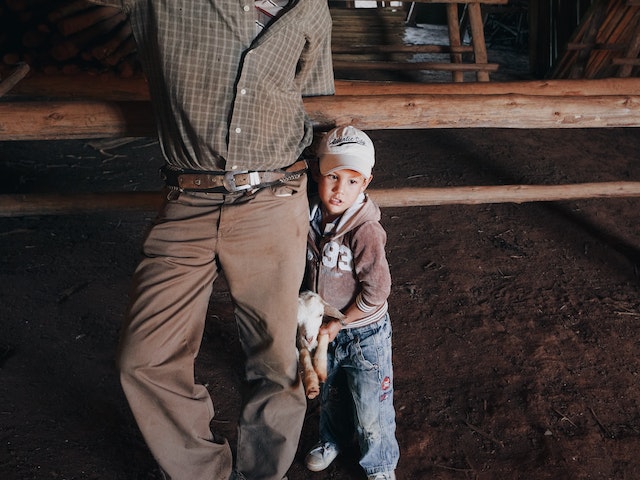As parents, we want our children to be confident and assertive, able to speak up for themselves and others when necessary. But how do we know if our children are assertive enough?
Assertiveness is the ability to communicate one’s needs, desires, and boundaries in a clear and respectful manner. It’s a critical skill that helps children develop self-esteem, build healthy relationships, and handle difficult situations.
Signs your child is not assertive enough
Here are some signs that your child may not be assertive enough:
1. They struggle to say no
If your child has a hard time saying no to requests or demands, they may not be assertive enough. This could lead to them taking on too much or feeling resentful.
2. They avoid confrontation
Avoiding conflict may seem like a positive trait, but if your child is consistently avoiding uncomfortable situations, they may not be standing up for themselves or others when needed.
3. They let others make decisions for them
If your child always lets others make decisions for them, they may not be asserting their own needs and desires.
4. They struggle to express their feelings
If your child has difficulty expressing their emotions, it may be challenging for them to communicate their needs and boundaries assertively.
5. They let others disrespect them
If your child allows others to speak or act disrespectfully towards them, it’s a sign that they may not be standing up for themselves.
If you notice any of these signs in your child, it’s time to help them develop their assertiveness skills.
Recommended reading: Do You Know When Your Child Loses Confidence?
Recommended reading: Is Your Child Embarrassed?
Tips to develop assertiveness in children
1. Role-playing
Role-playing is one of the most effective ways to teach children assertiveness. Here are some tips for using role-play to help your child become more assertive:
- Create a safe environment: When practicing assertiveness, it’s crucial to create a safe and comfortable environment. Encourage your child to express themselves freely, and make sure they know that they won’t be judged or criticized.
- Choose realistic scenarios: Role-playing should be based on realistic scenarios that your child might encounter in real life. For example, you could practice saying no to a friend who wants them to do something they don’t want to do, or standing up to a bully.
- Demonstrate assertiveness: Show your child what assertiveness looks like by demonstrating it yourself. Use “I” statements to express your feelings and needs clearly, and avoid being passive or aggressive.
- Practice positive self-talk: Encourage your child to use positive self-talk before and after role-playing scenarios. For example, they could say, “I can do this,” or “I’m proud of myself for speaking up.”
- Repeat, repeat, repeat: Repetition is key when it comes to learning new skills. Practice role-playing scenarios regularly until your child feels comfortable and confident in their assertiveness skills.
In addition to role-playing, there are other ways to help your child develop their assertiveness skills:
1. Encourage autonomy
Encourage your child to make their own decisions and take responsibility for their actions. This will help them develop confidence and assertiveness.
2. Validate their feelings
When your child expresses their emotions, validate their feelings and encourage them to express themselves assertively.
3. Praise assertive behavior
When your child exhibits assertive behavior, praise and acknowledge them for it. This will reinforce the importance of assertiveness and encourage them to continue using it.
4. Model assertive behavior
Model assertive behavior in your own life, and encourage other family members to do the same. Your child will learn by example and be more likely to adopt assertive behavior themselves.
Recommended reading: Tips to Protect Your Child from Peer Pressure
Recommended reading: 7 Tips To Overcome Stage Fright And Boost Child’s Public Speaking Skills
Assertiveness is a critical skill that will serve your child well throughout their life. By teaching them assertiveness through role-playing and other techniques, you can help them build confidence, develop healthy relationships, and handle difficult situations with ease.




